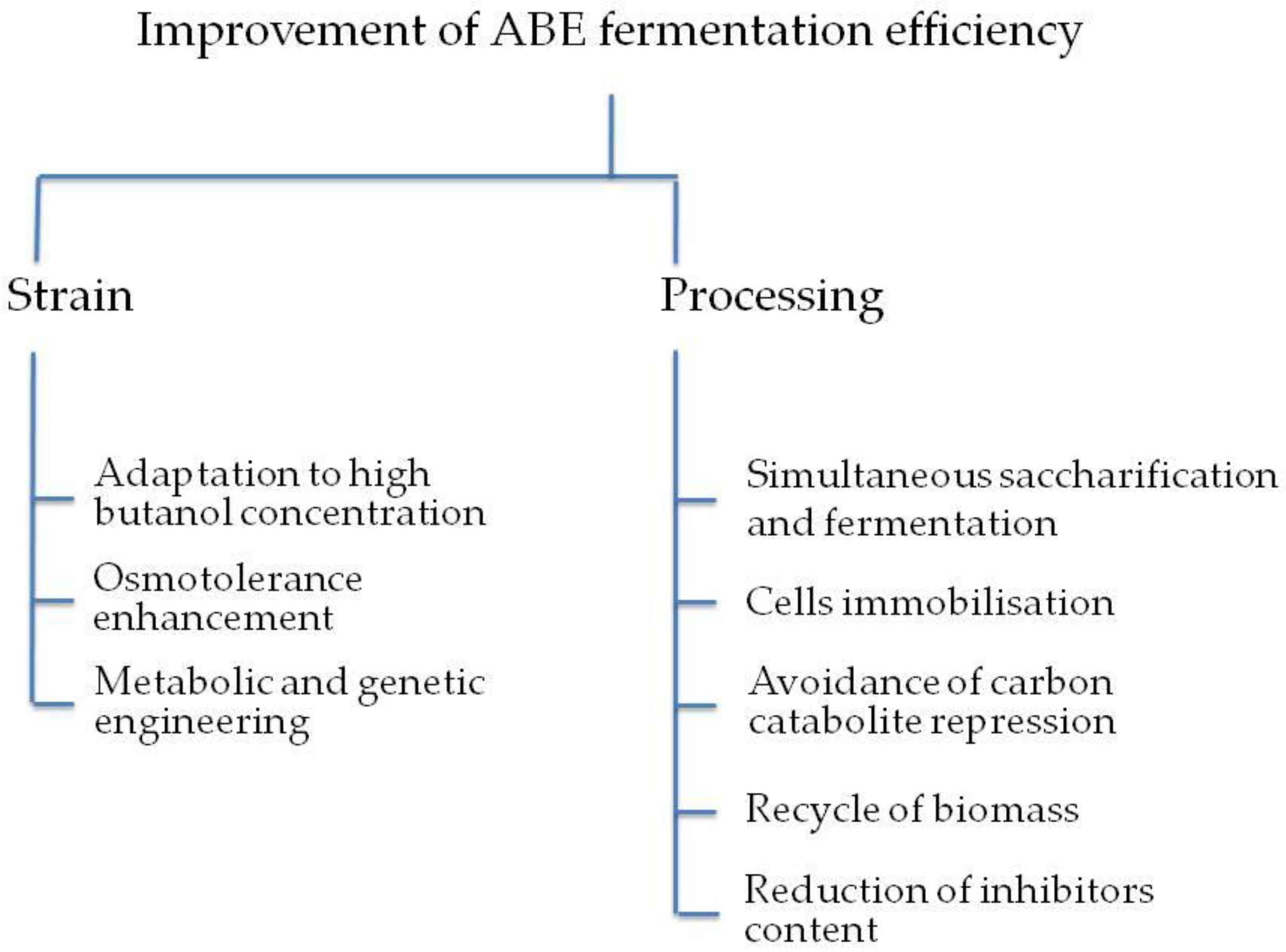Hydroxyapatite ha is a biologically active ceramic that is used in surgery to replace bone.
The production and characterisation of a hydroxyapatite ceramic material.
Ceramic engineering by preetam jena department of ceramic engineering.
3000 4500 500 figure 2 ir trace showing loss of co3 and oh during sintering the ca p ratio was 1 68710 002.
Santos et al 73 the ir spectrum shows the presence of po4 oh and hydration h2o figure 2.
Cht ceramic hydroxyapatite and bio gel crystalline hydroxyapatite resins offer unique selectivities enabling the resolution of mixtures that appear homogenous with other media.
While ha promotes bone growth along its surface its mechanical properties are not sufficient for major load bearing medical devices.
Its porous structure resembles native bone.
The properties of a porous hydroxyapatite ceramic produced by sintering of bovine bone were investigated by using a number of physicochemical methods such as scanning electron microscopy sem sem in combination with energy dispersive x ray spectroscopy sem edx mercury intrusion porosimetry krypton adsorption contact angle measurements wide angle x ray diffraction fourier transform.
Hydroxyapatite ceramic derived from bovine bone by sintering has a porosi ty and pore structure which resembles that of native bone.
In this paper we present a synthesis method of calcium phosphate bioceramics such as hydroxiapatite the mineral component of bones and hard tissue in mammals.
These mixed mode resins can be used at any stage in a chromatographic workflow from initial capture to final polishing and are ideal for the purification of monoclonal antibody mab products.
Ha is a bioactive ceramic material and can form biochemical bonds with tissues.
The porosity and the good wettability with water and organic solvents permit ceramic loading with drugs such as antibiotics or substances that improve healing of bone 44.
Natural hydroxyapatite and bone have similar physical and chemical characteristics make it biocompatible.
Hydroxyapatite a naturally occurring form of calcium phosphate is the main mineral component of bones and teeth.
A powder p 120 b after firing at 1350 c the production and characterisation of a hydroxy apatite ceramic material.
Deficient hydroxyapatite is the main mineral of which dental enamel and dentin are comprised consequently ha was readily considered as a bioactive material for artificial bone substitution because of its biocompatibility and chemical and.
Therefore this study involves the local production of hydroxyapatite from bovine bone wastes using an unconventional drying technique and its characterization as an alternative material for bone.









